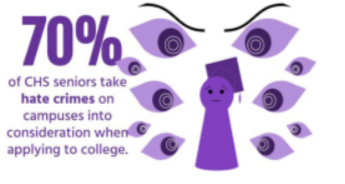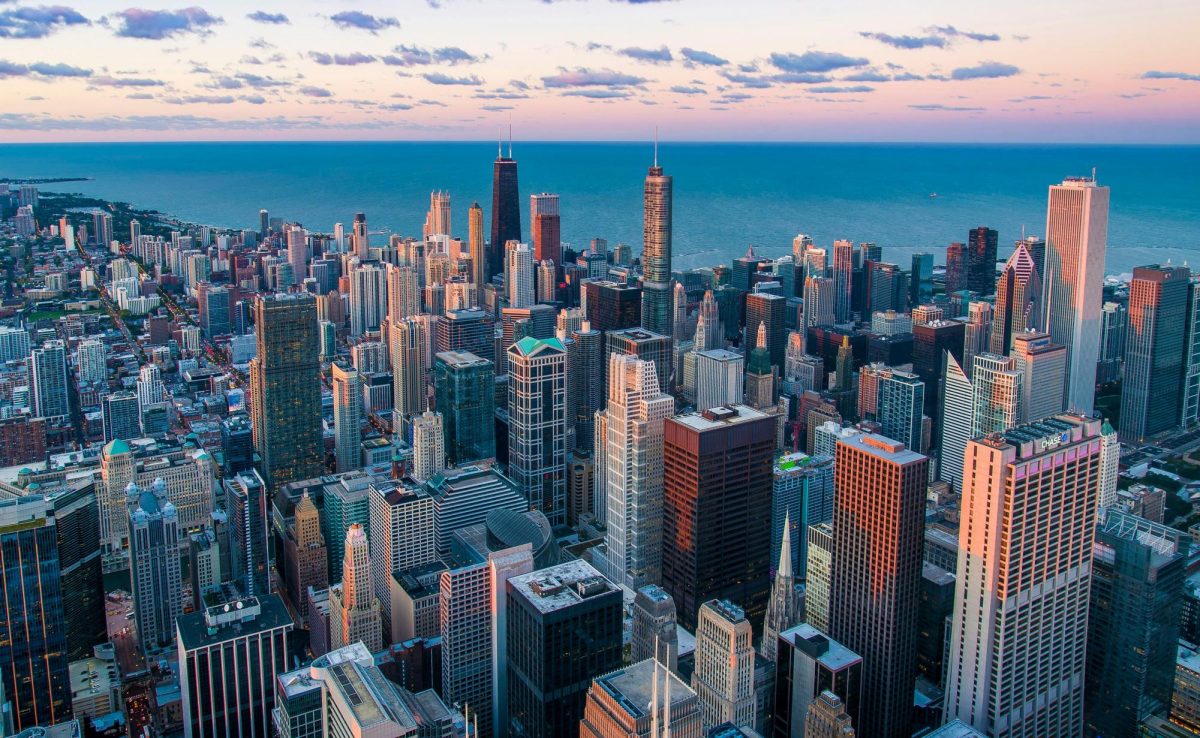
In recent years, hate crimes have been rising at an alarming rate. Many nations, including the U.S., have been grappling with an escalation in attacks targeting individuals based on race, ethnicity, sexual orientation, gender, religion, and other facets. This rise in hostility poses a significant threat to the fabric and harmony of society, calling for an urgent solution.
According to the Federal Bureau of Investigation, the number of reported hate crime incidents rose from 8,120 to 9,065 between 2020 and 2021. Furthermore, 64.5% of hate crime victims in 2021 were reportedly targeted because of their race, ancestry bias, or ethnicity. Groups that were once thought to be tight-knit and safe havens from outer judgment have become grounds for both physical and verbal attacks, instilling distrust into the core of these communities.
What is even more distressing, however, is that hate crimes are not isolated incidents. Atrocities like these have been occurring around the globe — an epidemic that continues to spread. Countries around the world have been battling against the surge in hate-motivated incidents, amplifying their concerns about global unity and the ability to collaborate peacefully. In 2020, there was an international surge in hate crimes against Asians, and now because of ongoing conflict in the Middle East, people have changed their targets again.
One recent example is the rise in antisemitism, which has spanned across the globe amid the ongoing Israel-Hamas war. In addition to antisemitism, many Palestinians have faced hostility.
On November 26, 2023, Jason J. Eaton attempted to kill three Palestinian college students in Vermont. Eaton was accused of shooting the three students on Saturday night as they walked in front of his apartment building while having a conversation in Arabic and English. According to the Fars News Agency, it has been the third straight year of spikes in the big cities’ average number of hate crimes and the Israel-Hamas war sparked jumps in antisemitic and anti-Muslim hate crimes in late 2023. In addition to cities, universities have experienced conflict with student protests dividing their communities apart.
Senior Brandon Kopp said, “It’s one thing to see the hatred online via Twitter and social media, but it’s another to see such antisemitism on college campuses across the country, where education is supposed to be at the forefront.”
Hate speech, discriminatory actions, and hate crimes are drastically increasing on campuses of colleges and universities. These incidents disrupt the educational experience and compromise the process of higher education institutions as places that foster critical thinking, communication, and intellectual growth.
Moreover, they challenge the values of free speech and academic flexibility while creating tension among students and faculty members. Many high-profile university presidents have also resigned and refused to comment on the gravity of the war- ravaged Middle East.
“When I saw the clip of Claudine Gay refusing to state that calling for the genocide of Jewish people is unacceptable, I was shocked. It’s an unacceptable response to a clear-cut question, and I believe her resignation was necessary,” Kopp said.








